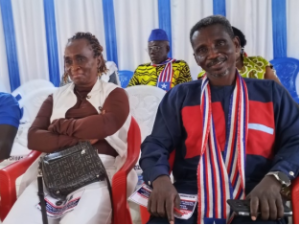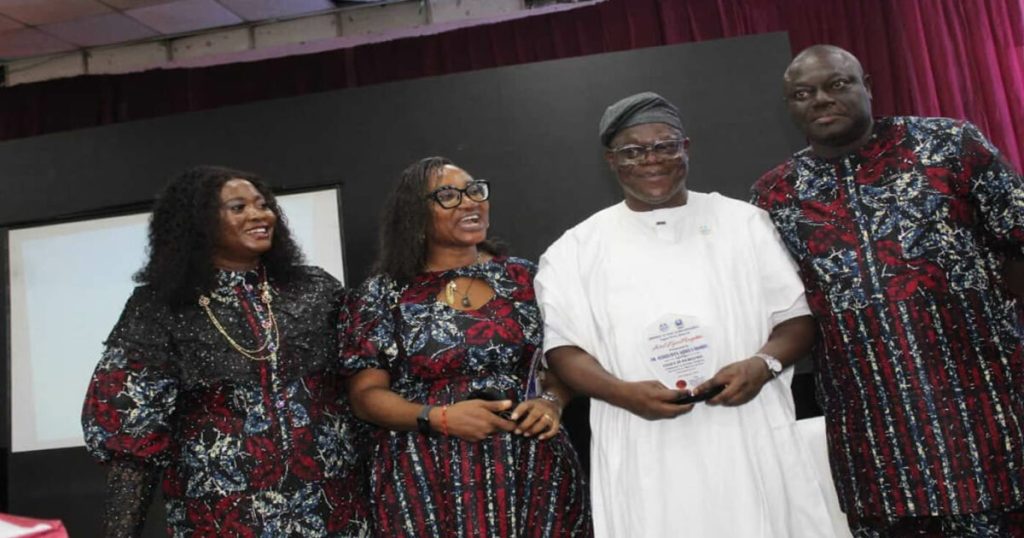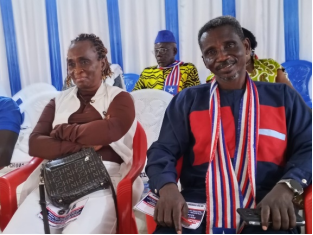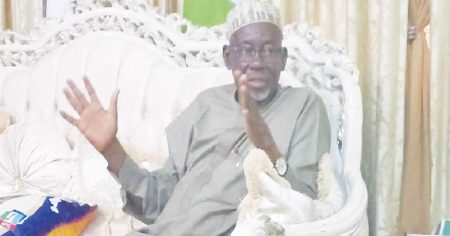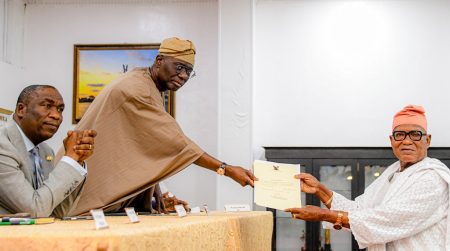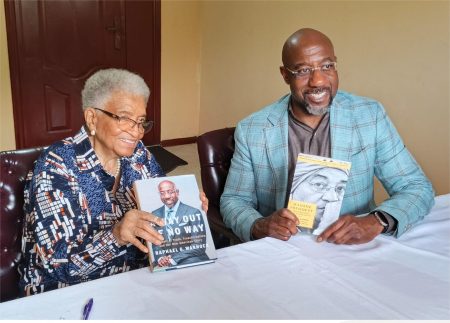Senator Ajibola Bashiru, National Secretary of the All Progressives Congress and a UNILAG alumnus, voiced his apprehensions regarding the escalating reliance on Artificial Intelligence tools by students for academic projects. He argued that this dependence jeopardizes the originality and essential human element inherent in scholarly work, potentially diminishing the critical thinking, analytical skills, and personal insights that academic pursuits are designed to cultivate. Speaking at the 12th Prof. Adetokunbo Babatunde Sofoluwe Memorial Anniversary Lecture, themed “Tech Governance in 2025: Balancing Innovation with Responsibility,” Bashiru emphasized the need for a responsible approach to technological advancements, particularly in education. While acknowledging the transformative power of digital technology in reshaping education, governance, and societal interactions, he cautioned against its potential misuse, citing the rise of cybercrime, the proliferation of misinformation, and the erosion of academic integrity as significant concerns.
Bashiru’s central argument revolves around the delicate balance between leveraging technological innovation and ensuring its responsible application. He underscored the potential for technology to both enhance efficiency and undermine democratic processes, compromise security, and exacerbate social inequalities if left unchecked. Focusing on the educational sector, he expressed particular concern about the growing trend of students utilizing AI to complete academic assignments, highlighting the irreplaceable value of human intellect and emotional depth in scholarly endeavors. The ability to synthesize information, formulate original arguments, and engage in critical analysis are crucial aspects of academic development that AI, in its current form, cannot replicate. Bashiru stressed that the responsible use of technology must be instilled early on, beginning in the classroom. This early education will help students understand the ethical implications of using AI and other technologies, promoting a culture of academic integrity and responsible digital citizenship.
Addressing Nigeria’s electoral system, Bashiru commended the implementation of the Bimodal Voter Accreditation System (BVAS) but urged caution against a hasty transition to full electronic voting. He argued that the necessary infrastructure, widespread digital literacy, and robust cybersecurity measures are not yet in place to guarantee the integrity and credibility of a fully electronic voting system. Premature adoption, he warned, could jeopardize the electoral process and erode public trust. Bashiru emphasized the paramount importance of electoral credibility over the expediency offered by technology, advocating for a measured approach that prioritizes security and reliability. He called for a comprehensive assessment of the existing infrastructure, coupled with targeted investments in digital literacy programs and cybersecurity enhancements, before fully transitioning to electronic voting.
Furthermore, Bashiru cautioned against the dangers of misinformation and deepfakes, particularly within the context of social media. The rapid spread of manipulated content and fabricated information poses a significant threat to social cohesion and democratic discourse. He urged governments to strike a balance between fostering innovation and implementing regulatory frameworks that safeguard national security and protect citizen welfare. This balance requires a nuanced approach that avoids stifling technological advancement while simultaneously addressing the potential harms associated with its misuse. Bashiru advocated for proactive measures to combat the spread of misinformation, including media literacy initiatives, fact-checking mechanisms, and regulations that hold social media platforms accountable for the content they host.
The broader context of Bashiru’s address highlights the ongoing debate surrounding the ethical implications of rapidly advancing technologies. His concerns echo those of educators, policymakers, and experts worldwide who grapple with the challenges posed by AI and other emerging technologies. The potential for misuse, the erosion of privacy, and the exacerbation of existing inequalities are just some of the issues that demand careful consideration and proactive solutions. Bashiru’s call for responsible tech governance emphasizes the need for a collaborative approach involving governments, educational institutions, technology developers, and civil society to ensure that technological advancements serve the common good. This collaborative effort must focus on developing ethical guidelines, promoting digital literacy, and fostering a culture of responsible technology use.
The 12th Prof. Adetokunbo Babatunde Sofoluwe Memorial Anniversary Lecture provided a platform for vital discussions on the complexities of navigating the evolving technological landscape. The event, which honored the legacy of a distinguished former Vice-Chancellor of UNILAG, brought together prominent academics, policymakers, and alumni to address the challenges and opportunities presented by technological innovation. The contributions of the UNILAG Alumni Association, Lagos State Branch, including their financial support for departmental needs and donations of eyeglasses to staff and students, were also recognized. This annual lecture serves as a reminder of the ongoing dialogue and collaboration necessary to ensure that technology is harnessed responsibly for the betterment of society. The insights shared by the speakers contribute to a broader understanding of the complex interplay between technology, governance, and the future of education.


